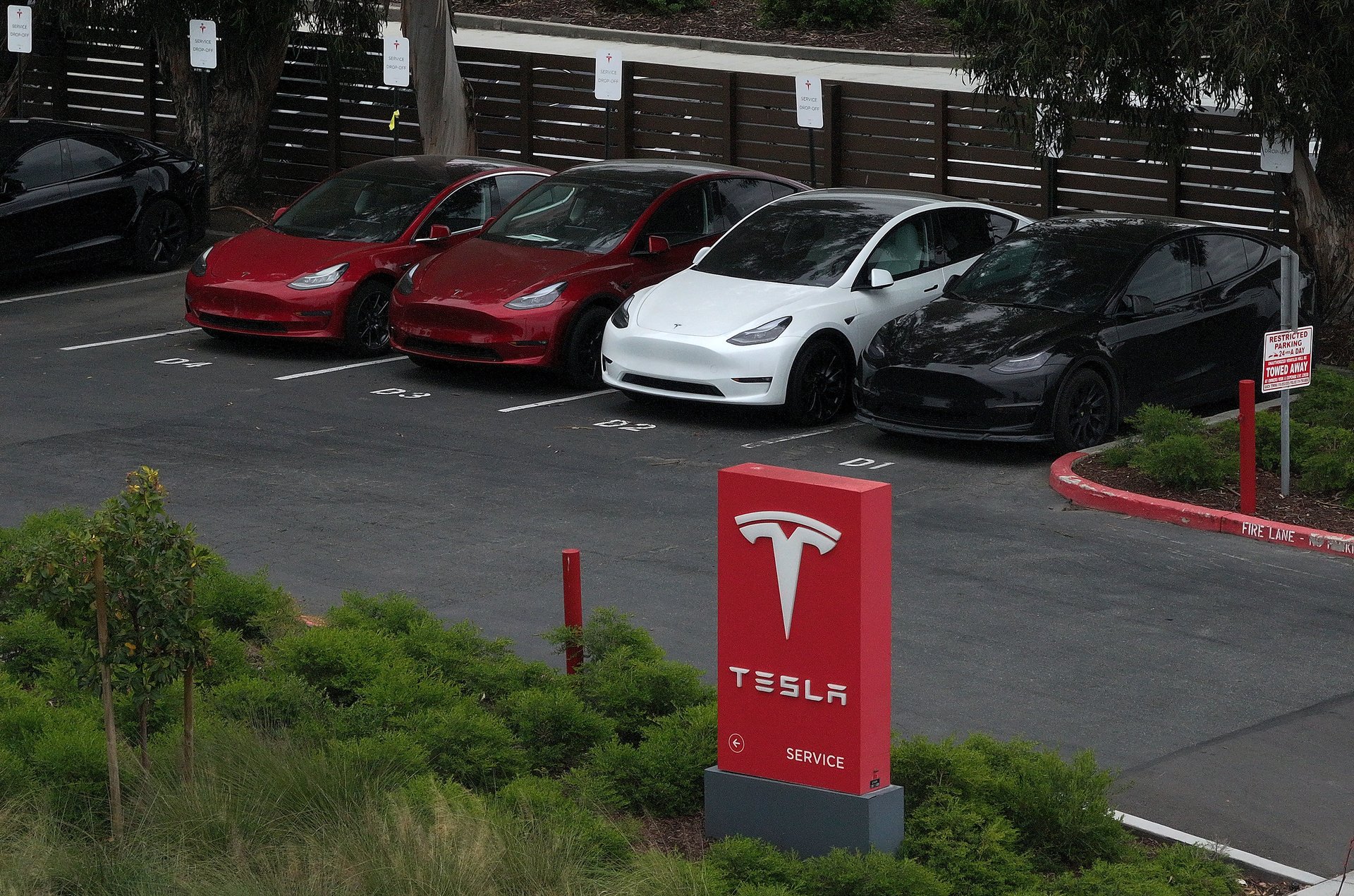Misuse of Tesla's Autopilot caused serious injuries and at least one death, regulators say
The NHTSA is investigating the company's recall of 2 million cars equipped with the technology

Tesla is facing a new probe from U.S. auto safety regulators related to its Autopilot driver assistance technology, even as a separate investigation has been closed.
Suggested Reading
The National Highway Traffic Safety Administration (NHTSA) said it would investigate the Austin, Texas-based company’s recall of more than 2 million electric vehicles — which make up nearly all of Tesla’s vehicles on the road in the U.S. — in December. The NHTSA identified concerns with Tesla’s software fix, citing incidents where vehicles equipped with the remedy were in “crash events” and the NHTSA’s own preliminary testing.
Related Content
The new probe comes as the NHTSA ends its nearly three-year investigation into Autopilot, which included an analysis of 956 crashes. In 467 of those incidents, the ODI determined that Tesla’s software didn’t sufficiently require driver’s attention, even as it made drivers more confident.
The “mismatch” led to avoidable crashes and foreseeable misuse, regulators said. At least 13 crashes investigated by the NHTSA involved one or more deaths and “many more” serious injuries; the regulators added that “foreseeable driver misuse of the system played an apparent role” in those incidents.
The NHTSA said Friday that Tesla has issued software updates to address issues related to its concerns, but has not made them part of the recall. Regulators are also concerned that part of Tesla’s remedy requires the owner of the vehicle to opt-in and that it can be reversed by a driver.
The new recall investigation covers model year 2012-2024 Model Y, X, S, 3 and Cybertruck EVs in the U.S. equipped with Autopilot. Tesla last week recalled 3,878 Cybertruck electric pickups over faulty accelerators.
In December, Tesla said Autopilot’s controls “may not be sufficient to prevent driver misuse” and could increase crash risks. The company said it disagreed with the NHTSA, but will “incorporate additional controls and alerts to those already existing on affected vehicles” to encourage drivers to stay focused on the road.
In February, Consumer Reports said the recall may have made warnings and driver notifications more visible, but they actually take drivers’ attention off of the road.
“Additionally, when we covered the camera and kept one hand resting on the steering wheel, the vehicle did not limit Autopilot use or give any warnings to pay attention,” the nonprofit said in its report, noting that “the driver could be asleep or completely distracted and the car wouldn’t warn them as long as they are holding the wheel.”
Tesla’s driver assistance programs earlier this year flunked a leading auto safety nonprofit’s tests. And unlike other systems advertised by other automakers, Tesla’s marketing — and its CEO — imply that drivers don’t need to pay full attention to the road.
Elon Musk’s automaker has been accused of false advertising by California’s Department of Motor Vehicles and investigated by the state attorney general office over its marketing practices. The U.S. Department of Justice has also issued subpoenas related to Tesla’s Full Self-Driving technology.